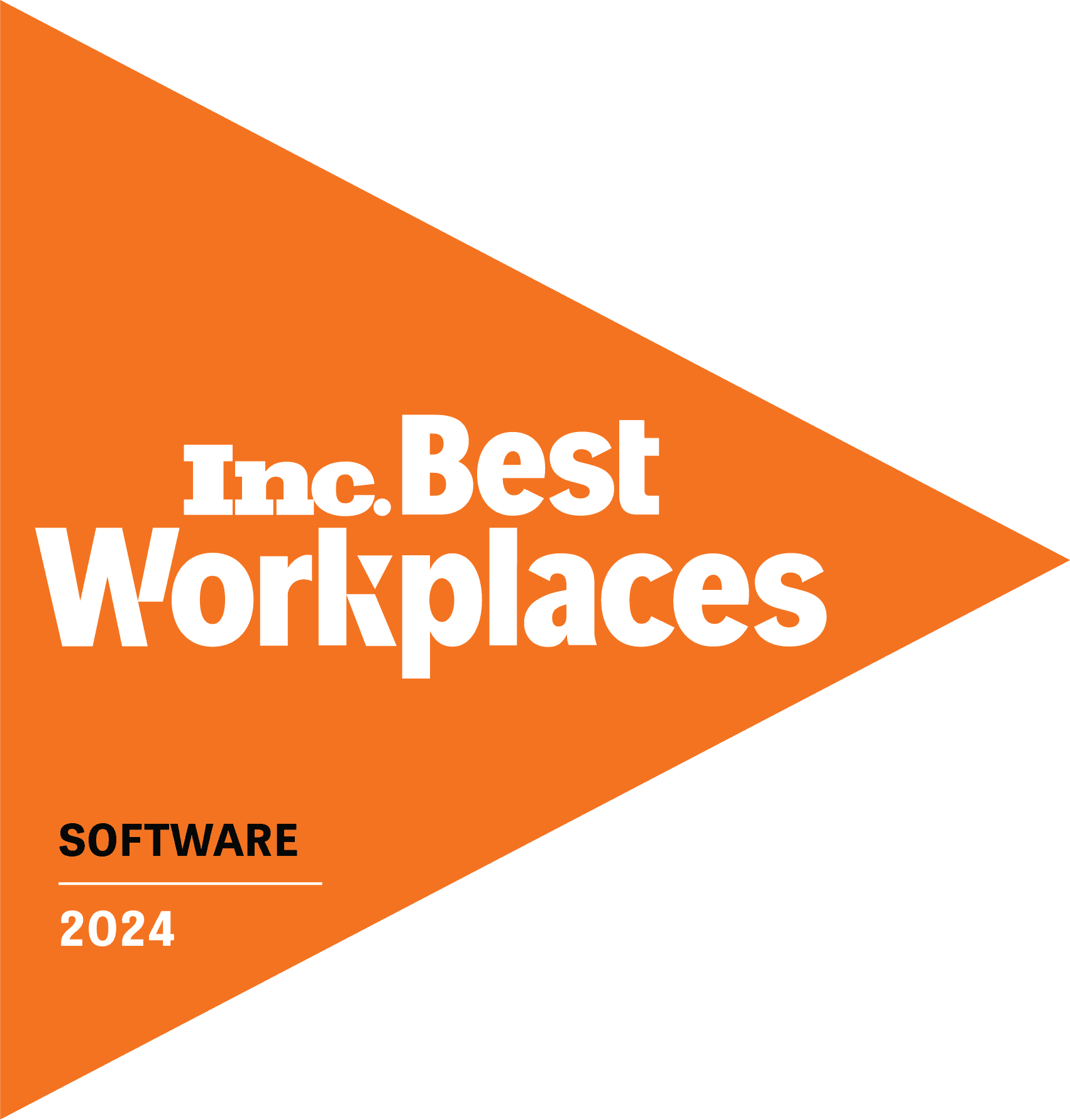IT Service Management (ITSM) refers to the process of designing, delivering, managing and improving the way IT is used within an organization. ITSM tools are software solutions that help organizations manage their IT services and support the delivery of high-quality services to their customers and employees. These tools are designed to streamline IT processes, automate repetitive tasks and improve overall service delivery.
ITSM tools typically include functionalities such as incident management, change management, service request management, asset management and more. They are crucial for ensuring that IT services align with the needs of the business and contribute to the achievement of its objectives.
Benefits of ITSM Tools for Non-IT Departments
While IT departments are the primary users of ITSM tools, other organizational departments can also benefit significantly from these tools. By leveraging ITSM tools, departments such as HR, marketing, facilities, accounting, legal and more can effectively manage their requests, automate processes and improve the overall employee experience.
Streamlining Request Management Processes
ITSM tools provide a centralized platform for managing service requests across different departments. This streamlines the request management process, ensuring that all requests are efficiently captured, tracked and resolved in a timely manner. By using ITSM tools, non-IT departments can ensure that their service requests are handled with the same level of efficiency and accountability as IT-related requests.
Automating Repetitive Tasks
ITSM tools enable the automation of repetitive tasks, allowing non-IT departments to eliminate manual, time-consuming activities. This automation not only increases productivity but also reduces the likelihood of errors, leading to improved operational efficiency across the organization.
Improving the Overall Employee Experience
By utilizing ITSM tools, non-IT departments can enhance the overall employee experience. These tools enable departments to deliver services more effectively, respond to employee needs promptly and provide a seamless and consistent experience. This, in turn, contributes to higher employee satisfaction and engagement.
How ITSM Tools Benefit Different Non-IT Departments
HR Department
The HR department can use ITSM tools to manage employee onboarding, offboarding, leave requests and performance appraisals. These tools help HR teams automate repetitive tasks, maintain accurate employee records and provide a self-service portal for employees to access HR-related information.
Marketing Department
ITSM tools can assist the marketing department in managing campaign requests, creative asset approvals and event planning. By utilizing these tools, the marketing team can streamline their processes, track the status of various requests and ensure timely delivery of marketing initiatives.
Facilities Department
For the facilities department, ITSM tools can be used to manage workspace requests, maintenance tasks and office relocations. These tools help in efficiently allocating resources, tracking facility-related issues and ensuring a seamless workplace experience for employees.
Accounting Department
ITSM tools can aid the accounting department in managing expense approvals, invoice processing and financial reporting. By leveraging these tools, the accounting team can automate financial workflows, maintain compliance and improve the accuracy and timeliness of financial processes.
Legal Department
The legal department can benefit from ITSM tools by using them to manage contract reviews, legal document approvals and compliance-related tasks. These tools help the legal team streamline their processes, track the status of legal requests and ensure that all legal matters are handled efficiently.
Key Features of ITSM Tools for Non-IT Departments
Customizable Workflows
ITSM tools offer customizable workflows that can be tailored to the specific needs of each non-IT department. This flexibility allows departments to design and implement processes that align with their unique requirements, ensuring efficient service delivery.
Self-Service Portals
ITSM tools provide self-service portals that enable employees to submit and track their requests without having to rely on direct departmental intervention. This empowers employees to take control of their service needs and reduces the administrative burden on departmental staff.
Reporting and Analytics Capabilities
ITSM tools offer robust reporting and analytics capabilities, allowing non-IT departments to gain insights into their operational performance. By leveraging these features, departments can identify areas for improvement, track key metrics and make data-driven decisions to enhance their service delivery.
Considerations for Implementing ITSM Tools in Non-IT Departments
Identifying Department-Specific Needs
Before implementing ITSM tools, it is essential for organizations to identify the specific needs of each non-IT department. This involves understanding their unique processes, challenges and service delivery requirements to ensure that the ITSM solution is tailored to their needs.
Ensuring Integration with Existing Systems
It is crucial to ensure that the chosen ITSM tool integrates seamlessly with the existing systems and applications used by non-IT departments. This integration facilitates data sharing, eliminates silos and ensures a cohesive operational environment across the organization.
Providing Adequate Training and Support for Department Users
To maximize the benefits of ITSM tools, organizations must provide comprehensive training and ongoing support to department users. This ensures that employees are proficient in using the ITSM tool and can leverage its capabilities to improve their daily operations effectively.
ITSM tools offer a wide range of benefits for non-IT departments, enabling them to streamline request management processes, automate tasks and enhance the overall employee experience. By leveraging ITSM tools, departments such as HR, marketing, facilities, accounting and legal can improve their operational efficiency, align with business goals and contribute to the organization’s success. Therefore, organizations should consider implementing ITSM tools across various departments to drive improved business performance and achieve their strategic objectives.
Tikit is a Microsoft 365 IT Service Management platform that matures with your M365 adoption. Tikit offers customizable Multi-Department functionality to meet all departmental needs across your organization. See Multi-Department in action with this video guide. Want to learn more about Tikit? Check out this demo video and try Tikit in a 14-day free trial. We are so confident in Tikit’s capabilities, we’ll set it up for free to ensure you are getting the most out of your free trial. Schedule your complimentary setup call today.




